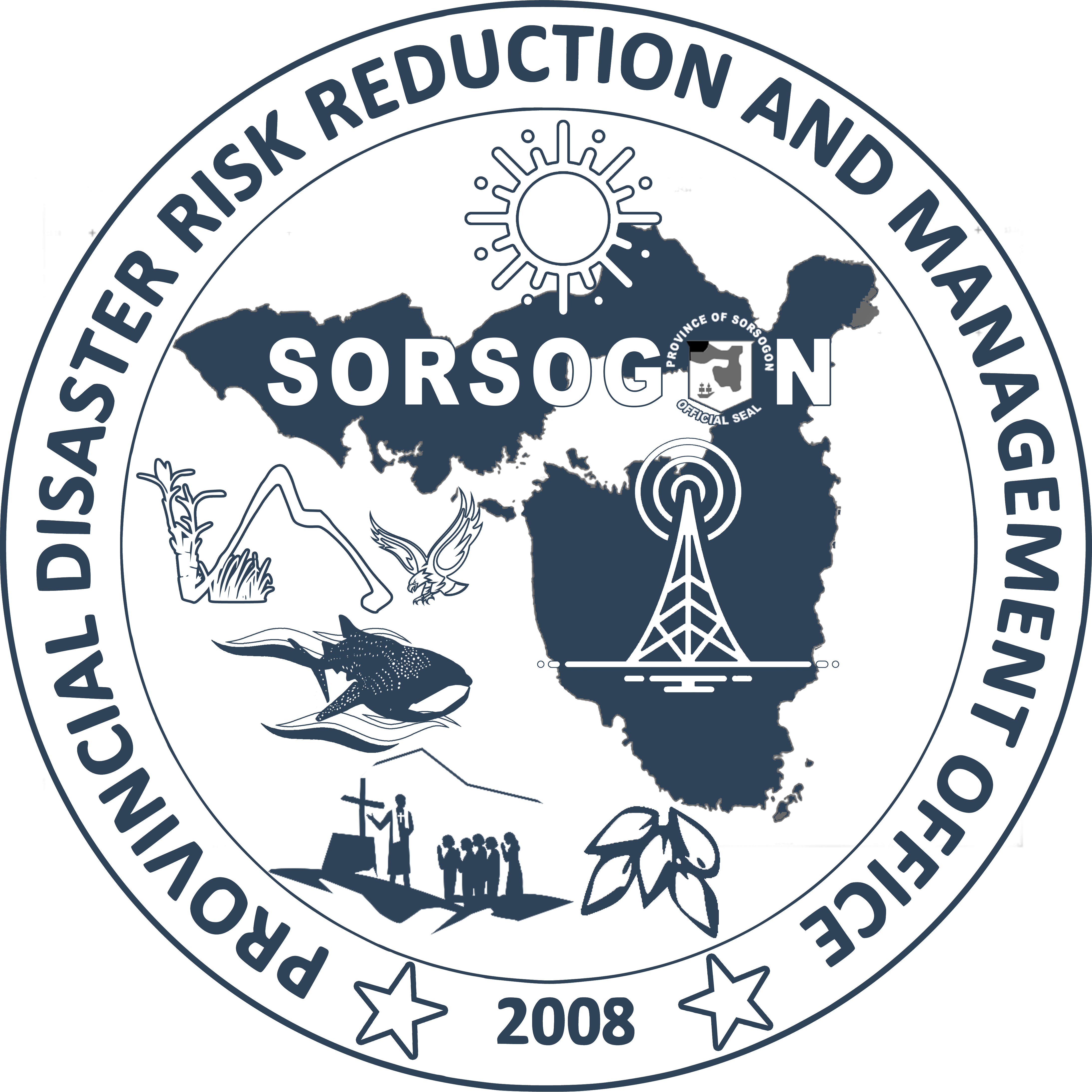A hydrometeorological hazard refers to a natural event or phenomenon caused by the Earth’s atmosphere, hydrosphere, and meteorological processes. These hazards encompass a range of events related to water, including floods, hurricanes, typhoons, cyclones, tornadoes, and other weather-related occurrences. Hydrometeorological hazards result from the complex interactions of atmospheric and hydrological systems, often leading to adverse impacts on communities, infrastructure, and the environment. Effective risk management and preparedness for these hazards involve monitoring and predicting weather patterns, early warning systems, resilient infrastructure, and community education to minimize the potential for damage and protect lives and property in the face of such events.
Hydrometeorological Hazard
Hydrometeorological hazards are natural events or phenomena arising from atmospheric and hydrological processes, including floods, hurricanes, typhoons, cyclones, and tornadoes. These events pose risks to communities, infrastructure, and the environment, stemming from the complex interactions of weather-related factors. Managing these hazards involves monitoring and predicting weather patterns, implementing early warning systems, building resilient infrastructure, and fostering community awareness to reduce the impact on lives and property.











